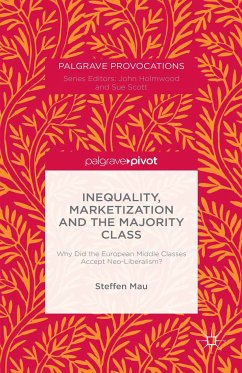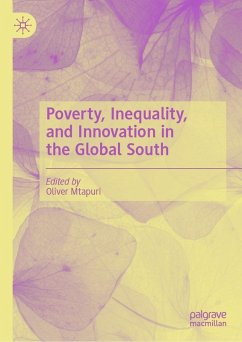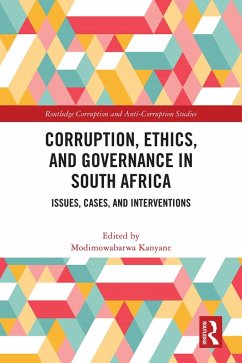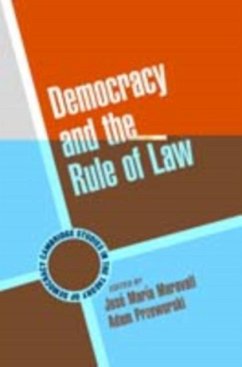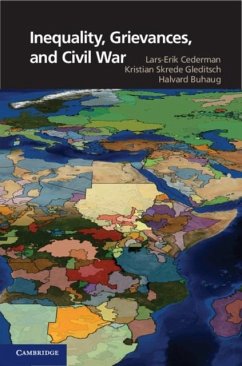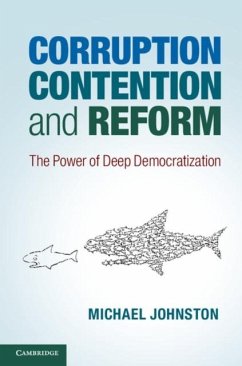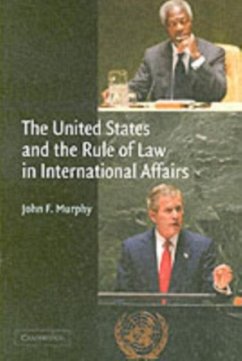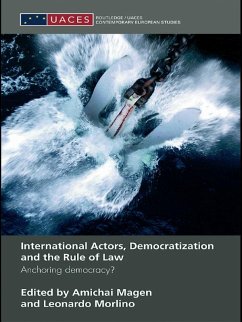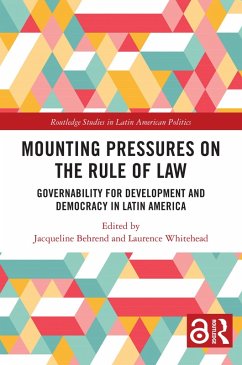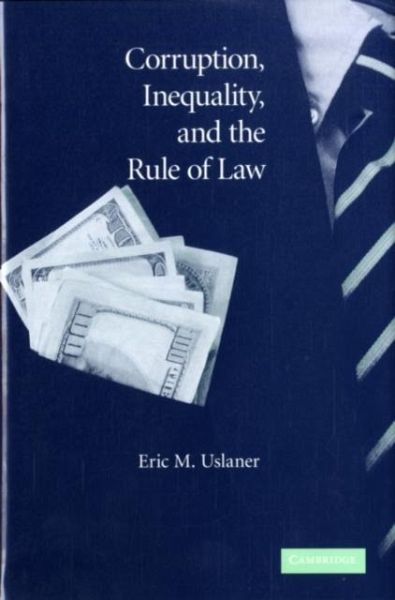
Corruption, Inequality, and the Rule of Law (eBook, PDF)
The Bulging Pocket Makes the Easy Life
Versandkostenfrei!
Sofort per Download lieferbar
38,95 €
inkl. MwSt.
Weitere Ausgaben:

PAYBACK Punkte
19 °P sammeln!
Corruption flouts rules of fairness and gives some people advantages that others don't have. Corruption is persistent; there is little evidence that countries can escape the curse of corruption easily - or at all. Instead of focusing on institutional reform, in this book Eric M. Uslaner suggests that the roots of corruption lie in economic and legal inequality, low levels of generalized trust (which are not readily changed), and poor policy choices (which may be more likely to change). Economic inequality provides a fertile breeding ground for corruption, which, in turn, leads to further inequ...
Corruption flouts rules of fairness and gives some people advantages that others don't have. Corruption is persistent; there is little evidence that countries can escape the curse of corruption easily - or at all. Instead of focusing on institutional reform, in this book Eric M. Uslaner suggests that the roots of corruption lie in economic and legal inequality, low levels of generalized trust (which are not readily changed), and poor policy choices (which may be more likely to change). Economic inequality provides a fertile breeding ground for corruption, which, in turn, leads to further inequalities. Just as corruption is persistent, inequality and trust do not change much over time, according to Uslaner's cross-national aggregate analyses. He argues that high inequality leads to low trust and high corruption, and then to more inequality - an inequality trap - and identifies direct linkages between inequality and trust in surveys of the mass public and elites in transition countries.
Dieser Download kann aus rechtlichen Gründen nur mit Rechnungsadresse in A, B, BG, CY, CZ, D, DK, EW, E, FIN, F, GR, HR, H, IRL, I, LT, L, LR, M, NL, PL, P, R, S, SLO, SK ausgeliefert werden.




